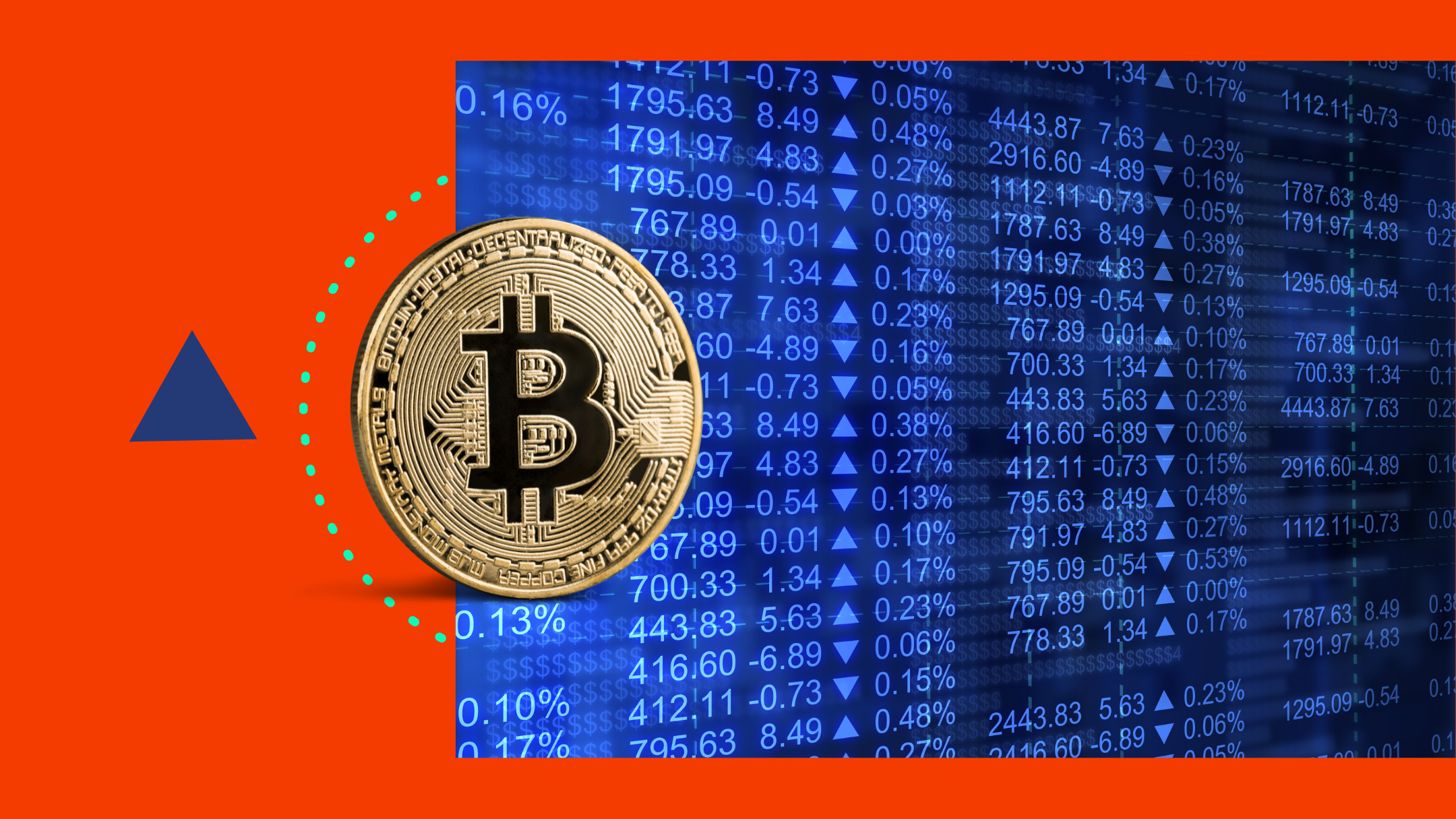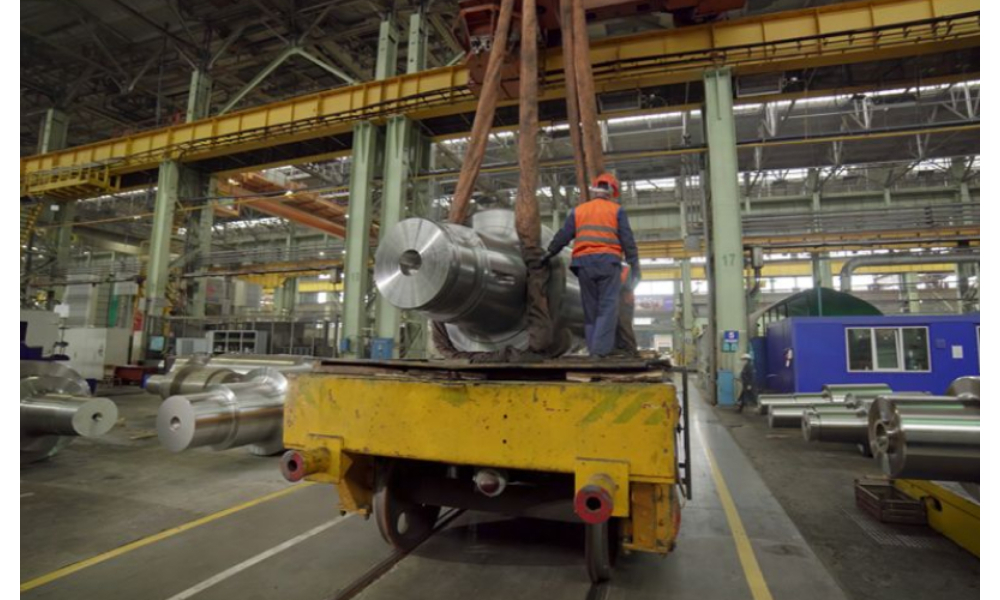The Indian share market is highly influenced by global trends and economic events. Changes in international markets, foreign policies, and economic conditions impact stock prices in India. Investors closely watch global factors to predict market movements. Events like interest rate changes in the U.S., oil price fluctuations, and geopolitical conflicts can trigger sharp market reactions. The integration of India’s economy with global trade makes its stock market highly sensitive to external factors. Understanding these influences helps investors make informed decisions and navigate market volatility. This article explores how global trends shape the Indian share market, affecting investors and businesses alike.
Impact of Global Economic Conditions on the Share Market
Global economic conditions play a crucial role in the Indian share market. Recessions, inflation, and interest rate changes in major economies like the U.S. and China affect Indian stocks. If the global economy slows down, foreign investors pull out funds, causing market declines. On the other hand, economic growth in developed nations boosts investor confidence, leading to market gains. The Indian market reacts to global trends in trade, manufacturing, and services, shaping investment patterns. Additionally, economic policies such as stimulus packages and tax reforms in foreign nations influence stock movements in India.

Influence of Foreign Investments on Market Movements
Foreign Institutional Investors (FIIs) and Foreign Direct Investments (FDIs) drive liquidity in the Indian share market. When FIIs invest heavily, stock prices rise, creating a bullish trend. Conversely, large-scale withdrawals by foreign investors lead to market crashes. Policies in the U.S., Europe, and China impact investment flow into India. Currency fluctuations also affect FII decisions, influencing stock prices. The Indian market’s dependency on foreign investments makes it highly sensitive to global economic changes. Additionally, trade agreements or restrictions between India and other countries impact investor confidence and capital flow into key sectors.
Geopolitical Events and Their Effect on Indian Stocks
Global political events create uncertainty in the Indian share market. Wars, trade disputes, and diplomatic tensions impact investor sentiment. For example, oil price fluctuations due to conflicts affect Indian energy stocks. Sanctions on major economies lead to disruptions in global trade, impacting Indian exports and stock prices. Additionally, supply chain issues caused by geopolitical tensions influence various sectors like IT, pharmaceuticals, and automobiles. The recent focus on deglobalization and reshoring of industries in major economies also shifts investment patterns, affecting Indian markets. Investors track global events to make informed decisions and mitigate risks in volatile market conditions.
Conclusion
The Indian share market is deeply connected to global trends and economic events. Changes in foreign economies, FII activities, and geopolitical events shape stock market movements. Investors need to stay informed about global factors in order to navigate market fluctuations. By understanding these influences, market participants can make better investment decisions and minimize risks. As globalization continues, the future of the share market depends on how India adapts to global economic shifts, making it essential for investors to keep an eye on international developments.


















Comments